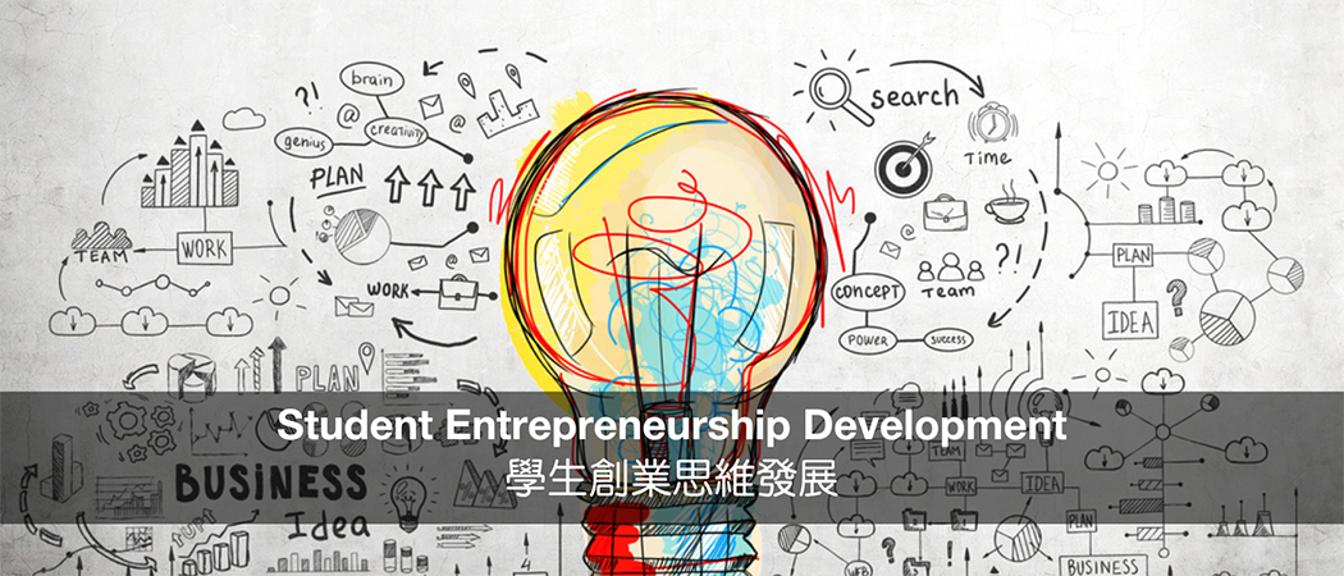
How to Nurture the Entrepreneurship Mindset in Schools
Main Stage (Curated by EdCity)
Overview
Creativity and entrepreneurial thinking are the engines of 21st-century innovation, yet traditional education often prioritises rote learning over these vital skills. The World Economic Forum’s Future of Jobs Report 2025 ranks creativity among the top three skills for tomorrow’s workforce, yet schools struggle to systematically foster it—especially in cultures where risk-taking and self-expression are undervalued.
To bridge this gap, the speaker will share Problem-based Learning with Management Consulting Methods (PBL-MCM) in this presentation, a pedagogy designed to ignite entrepreneurial mindsets through:
• Real-world problem-solving: Students tackle ambiguous challenges (e.g. ‘Design a sustainable business for your community’).
• Divergent thinking tools: Adopted from consulting frameworks like design thinking and blue ocean strategy.
• Failure-as-learning culture: Structured reflection turns setbacks into creative pivots.
Unlike traditional critical thinking approaches, PBL-MCM integrates technology, intrinsic motivation, and cross-cultural adaptability to nurture:
• Opportunity-spotting (e.g., identifying unmet market needs).
• Resourceful prototyping (e.g., rapid Minimum Viable Product (MVPs) with low-cost tools).
• Pitch-perfect storytelling (e.g., communicating ideas persuasively).
This presentation will explore how PBL-MCM can transform classrooms into innovation incubators, equipping students to thrive in volatile economies.
For K–12 educators, this presentation offers valuable insights into the teaching and learning methods employed by top-tier programmes such as the Dual-Degree Program at The Hong Kong University of Science and Technology. By exploring how entrepreneurial thinking is fostered in higher education, educators can draw inspiration to redesign primary and secondary curricula that cultivate foundational elements of the entrepreneurial mindset—such as creativity, resilience, initiative, and problem-solving.
Integrating these approaches at the K–12 level can better prepare students not only to navigate the increasingly complex and dynamic 21st-century world, but also to transition more seamlessly into tertiary education environments where innovation and independent thinking are critical. By embedding entrepreneurship education early, schools can empower students to become proactive learners, opportunity seekers, and future changemakers.
The speaker offers an International Business Plan Competition every winter and summer with three universities from different regions. Lessons learned from these experiences will be shared.

